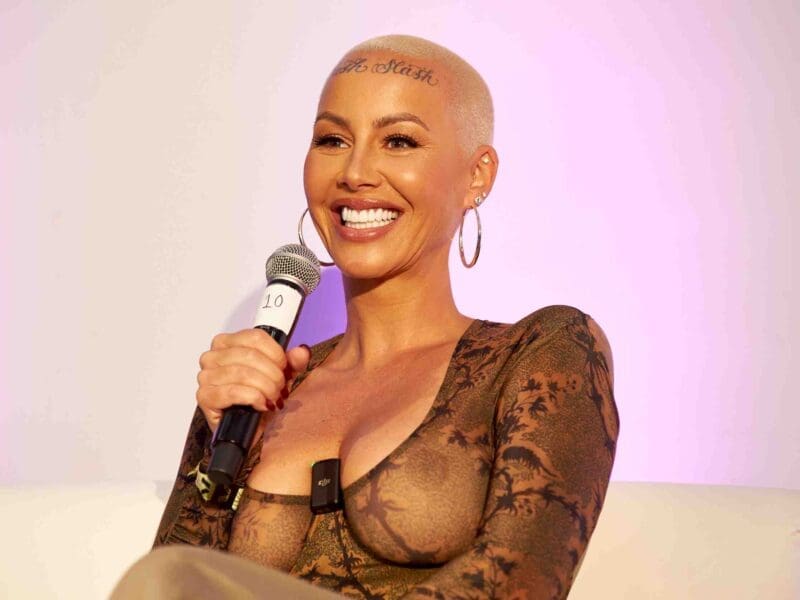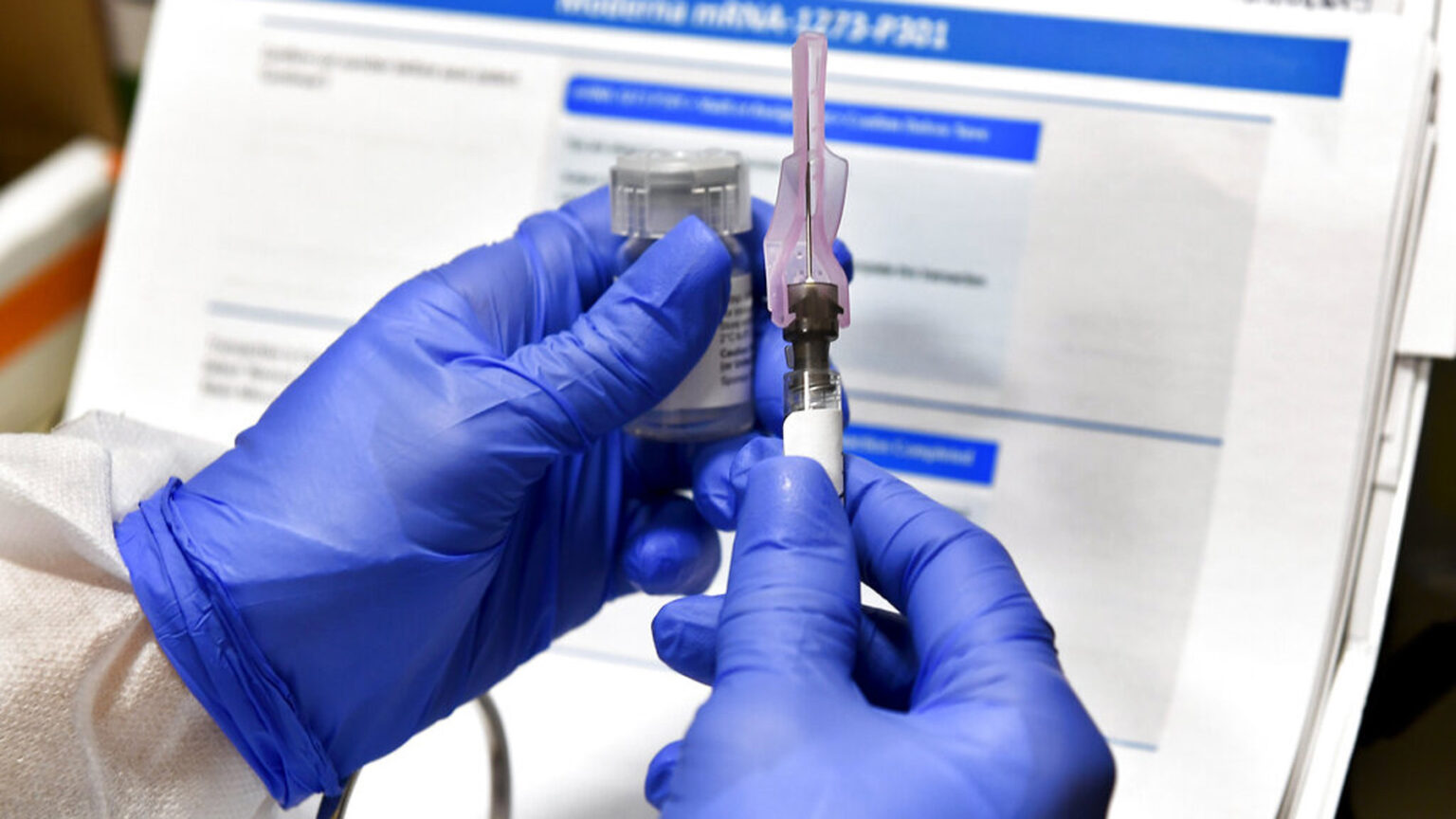
When will a coronavirus vaccine be ready? Learn about the timeline
Since March nobody has been able to go a single day without hearing about or thinking about COVID-19. It has changed the world we live in and it’s still raging away infecting people at this very moment.
States are going back into lockdown as colder months are bringing the worst COVID-19 numbers to date and many people are currently worrying about holiday plans – or a serious lack thereof. Everything feels bleak, but there’s hope right around the corner.
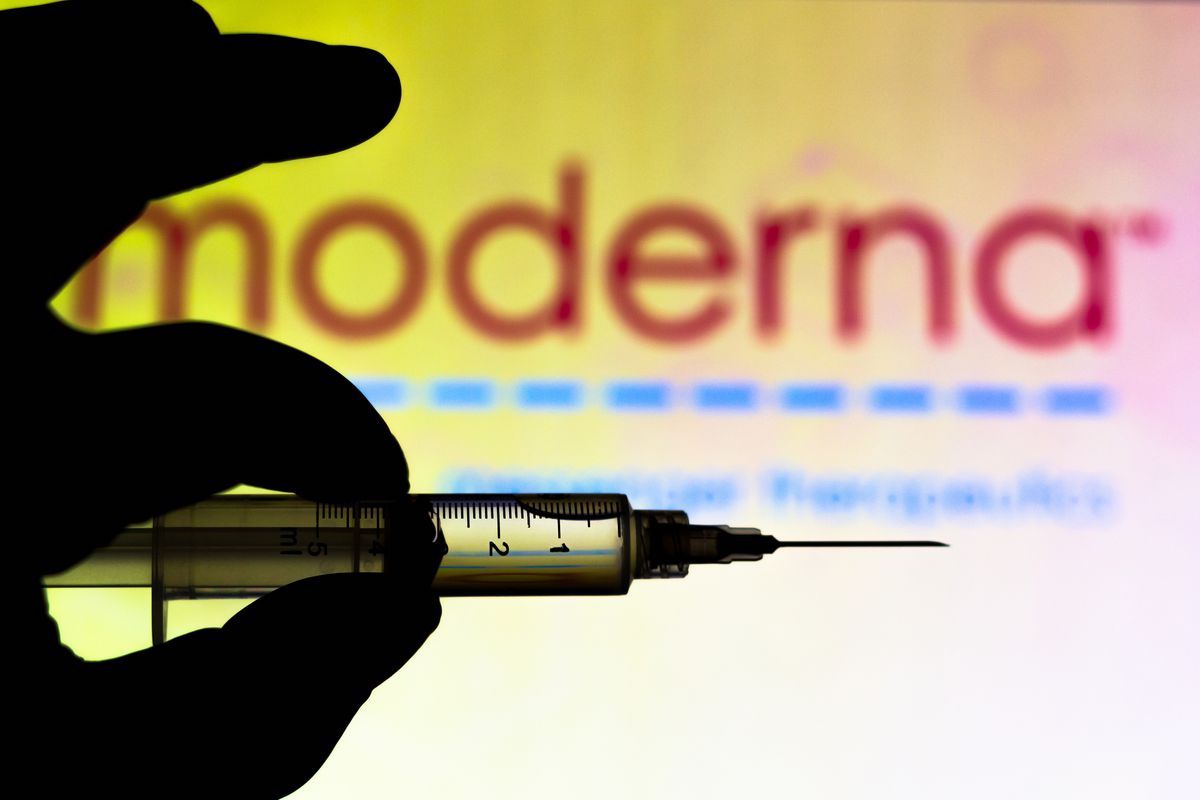
Two different pharmaceutical companies have announced their preliminary phase III findings and they both sound incredibly promising. Pfizer and Moderna both are reporting 90% or higher success rates in preventing people from contracting the new virus.
Both vaccines require cold temperatures and a booster shot three or four weeks later (depending on the vaccine), but overall they’re sounding like the saving grace we’ve all been waiting for.
There are plenty more companies working to get vaccines ready & approved by the FDA so it’s only a matter of time before one or more of them begin getting deployed. Here’s what you need to know about how soon you could get yourself a coronavirus vaccination.
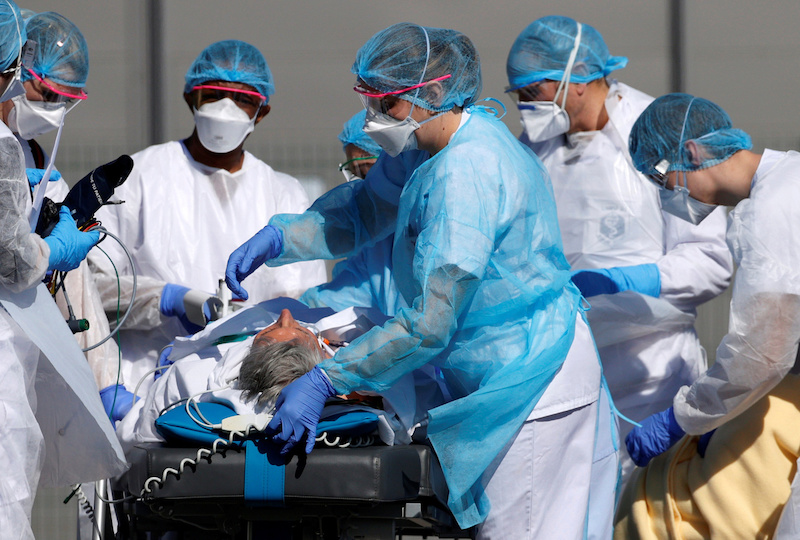
Who gets it first?
It’s going to be tough to make sure that everyone gets the vaccine and some will inevitably have to wait longer than others since the vaccines can only be made so quickly.
Healthcare workers will be given access to the vaccine first. They’re the ones who are most at risk and they’re risking their own health in an effort to keep everyone else safe. It’s believed that, if all goes well, healthcare workers could be receiving coronavirus vaccines as early as late December.
Despite this encouraging bit of news it’s important to remember that as of writing this article none of the vaccines have been approved for widespread use by the FDA. The only way healthcare workers can get COVID-19 vaccinations next month is if Pfizer and/or Moderna’s vaccines are approved by early December like they’re promising. This isn’t guaranteed at this point.
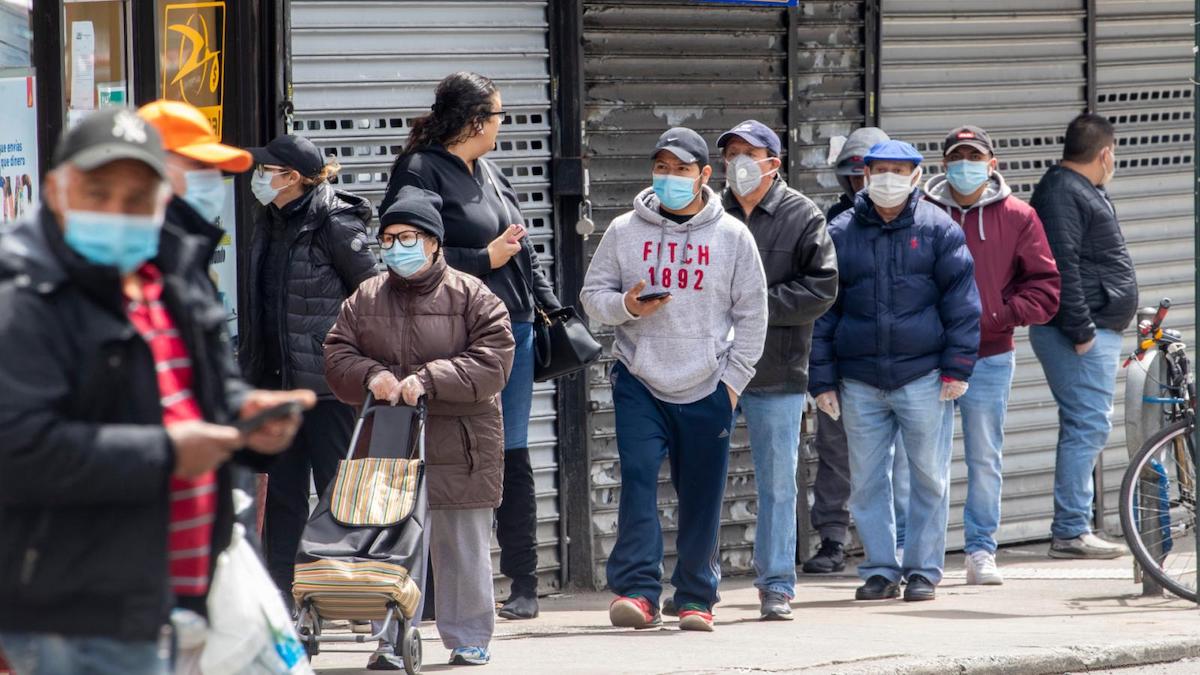
Everyone else
The two currently leading companies in COVID-19 vaccines are hoping to provide approximately 40 million vaccine doses, which would be enough for 20 million people, since everyone needs two shots. In 2021 they’re hoping to create over a billion doses.
Doctor Anthony Fauci is quoted saying, “I would say starting in April, May, June, July – as we get into the late spring and early summer – that people in the so-called general population, who do not have underlying conditions or other designations that would make them priority, could get [shots]”.
For months high risk individuals such as healthcare workers, the elderly, teachers, and more will likely be prioritized for vaccination. After the highest risk individuals are vaccinated the “general population” will see the vaccine becoming available to them.
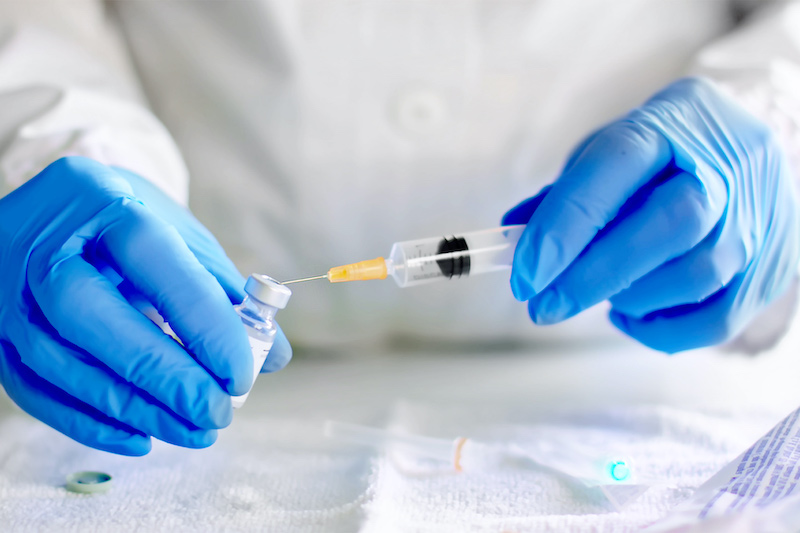
Deployment plans
In order to be ready for the eventual vaccines the U.S. and pharmaceutical companies are already preparing a vaccine delivery program. Sitting president Donald Trump has said that he plans to utilize the military in order to effectively distribute the vaccines.
Meanwhile, Pfizer just announced today that they’re launching a vaccine delivery program test in four states so that when they do have an approved vaccine they’re ready to get it distributed quickly & efficiently.
The four states in the program are Rhode Island, Texas, Tennessee, and New Mexico. The states were chosen for these reasons: “differences in overall size, diversity of populations, and immunization infrastructure, as well as the states’ need to reach individuals in varied urban and rural settings.” This will hopefully ensure that they have a nearly fool-proof plan to move forward and aid them in working with all states in the future.
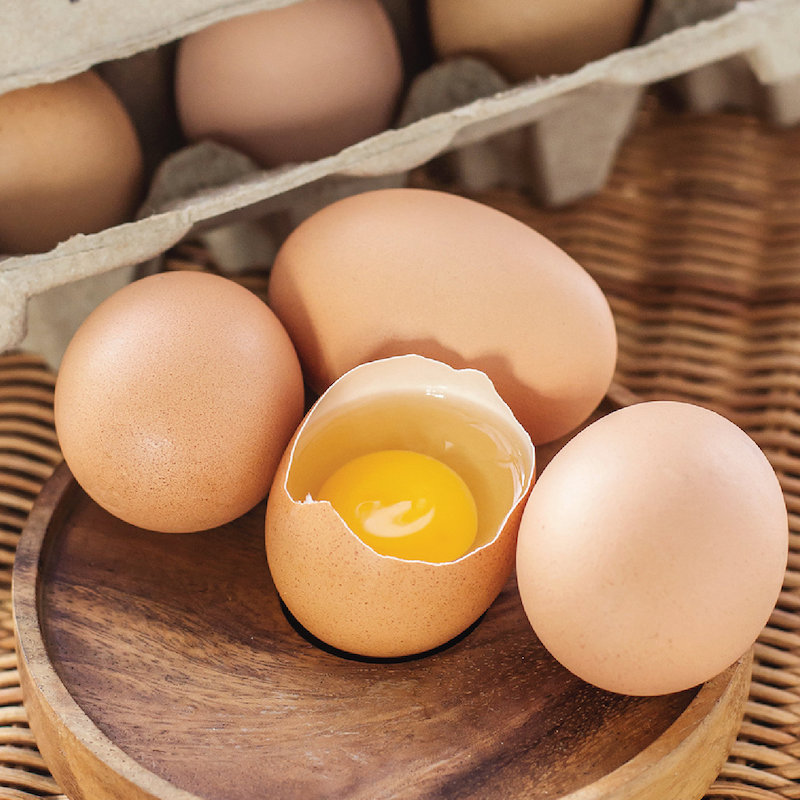
Why they were made so quickly
This will, of course, be the fastest turnaround for a vaccine in human history. This has some people a little nervous about taking a coronavirus vaccine, but there’s a good reason for why these vaccines were able to be created so quickly and it isn’t scary.
Both the Pfizer & Moderna vaccines are mRNA vaccines. They’re a new kind of vaccine, but they were able to be created so quickly because scientists started working on the vaccine before the first COVID-19 case was reported in the U.S.. They did this using the disease’s genome – the template of it was shared digitally.
The mRNA vaccines also don’t require the same kinds of steps that other types do, such as growing ingredients in chicken eggs. This means that there aren’t long spans of time between steps in the process of making the vaccine.
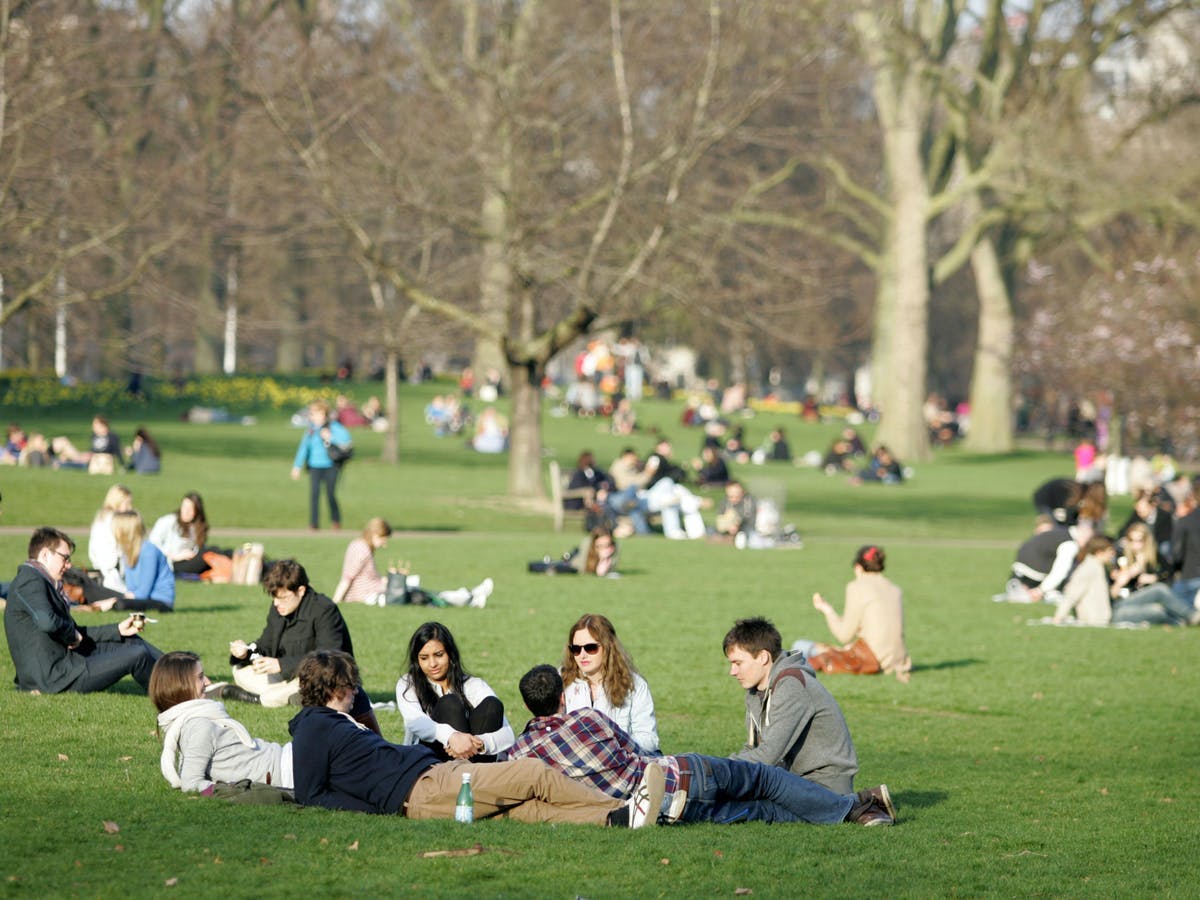
Light at the end of the tunnel
Everyone is probably going to refer to vaccine news as the light at the end of the tunnel for the next few months, but it’s an apt description. 2020 has been long & dark, but we’re nearing the end of the nightmare. Vaccines are very nearly on the way. We just have to hang in there a little bit longer.







